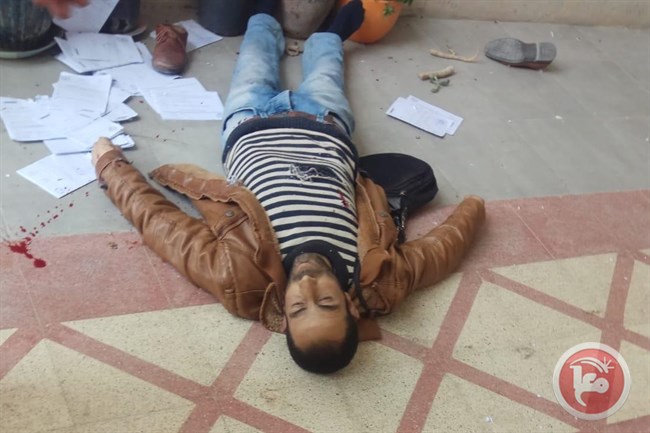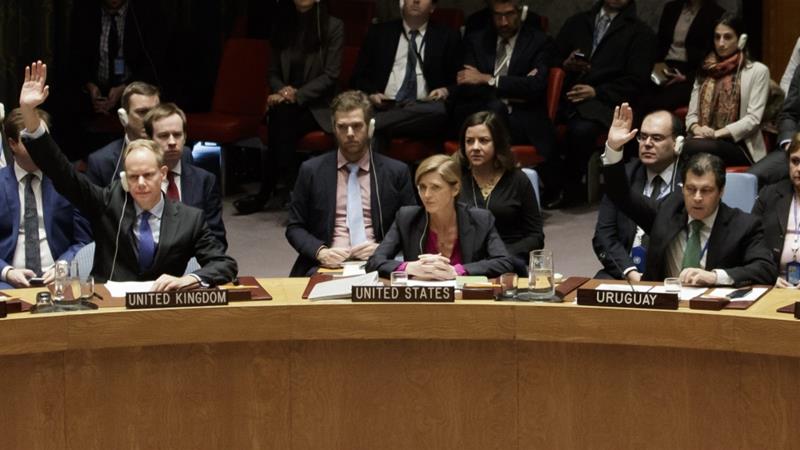Tag: B’Tselem
-
B’Tselem’s Response to UNSC Vote: against the occupation, not Israel
Originally published by B’Tselem. Today’s United Nations Security Council resolution reaffirms international consensus that Israel’s settlements are illegal and harm Palestinian human rights. The resolution seeks the wellbeing of all people in Israel and the occupied Palestinian territories. It is not an “anti-Israeli” resolution, but a balanced one, which rejects the occupation – not Israel.…
-
Family fears their son is dying within Israeli prison
by Alistair George 6 December 2011 | International Solidarity Movement, West Bank Mohammad Awad is a 16 year old Palestinian boy, he is in an Israeli jail and he is gravely ill – his family believe that he is not receiving the right treatment and that he may be dying. As they sit in their…



